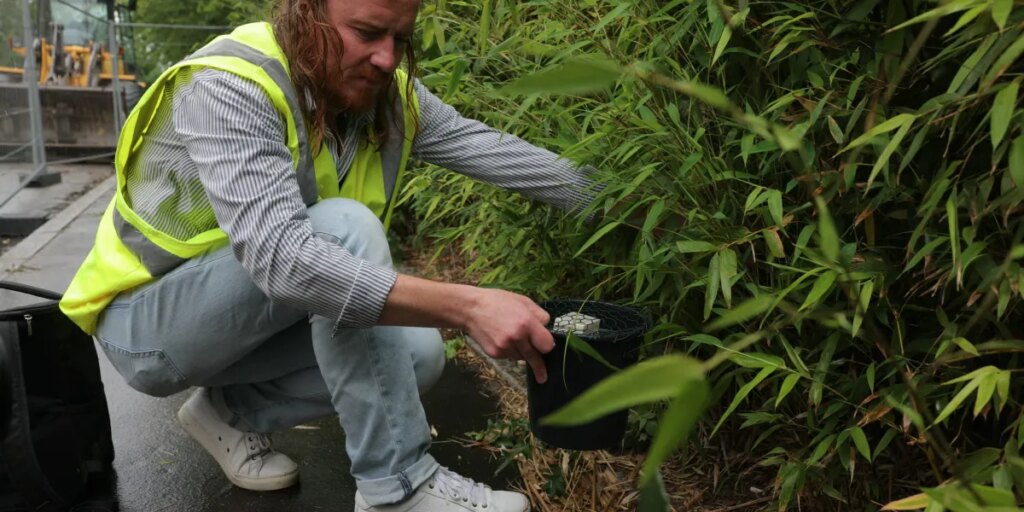
When people visit romantic Paris this summer, the last thing on their minds is the possibility of contracting dengue fever.
The incidence of mosquito-borne diseases has been rising in France for months as temperatures rise.
The timing isn’t great – it’s the height of summer for the country, which is due to host the Olympics starting in late July, which are expected to bring millions of visitors in addition to the usual tourist crowds.
Therefore, France has sent “dengue detectives” to carry out the mission. They will track disease hotspots, search for mosquito eggs and help curb the spread of the virus in French cities.
“The Olympics are really a critical moment,” said Cécile Somarriba, director of health surveillance and safety at the Greater Paris Regional Health Service (ARS). telegraph. “We are prioritizing surveillance in places where large gatherings will take place. This is where the risk of transmission is highest.
ARS has launched a campaign to monitor mosquito populations in Paris and surrounding suburbs, deploying 526 nesting traps and sending them for analysis every month.
So-called detectives are cracking down Aedes albopictusThe mosquito, also known as the Asian tiger mosquito, thrives in the summer conditions found in cities like Paris — hot, humid weather and lots of people coming and going.
With the Paris Olympics looming, with more than 15 million visitors expected, authorities are tightening controls on “fan zones” such as airports where visitors from around the world are likely to gather.
Dengue symptoms include high fever, headache and nausea. Severe infection can lead to death, although this is rare if caught early.
The heightened alert over dengue cases comes just months after Paris, France, suffered a massive bed bug infestation on its public transport network. At the time, the country was preparing to host the Rugby World Cup, putting pressure on French transport authorities to eradicate the pests quickly.
Last year, data analytics company Airfinity warned that locally transmitted dengue cases in France would increase 50-fold by 2030 due to global warming.
The threat of vector-borne diseases such as dengue fever has been rising over the past few months and reached an all-time high in late April.
Earlier this year, French health officials warned of the risk of imported dengue cases as the number of cases surged in the Americas.
While it’s difficult to completely eradicate the virus, there are ways to control the spread given the influx of tourists.
To monitor the situation, health authorities set up a website and called restaurants, schools and other locations to report and detect possible outbreaks early. At some Olympic venues, they have set up traps that emit a human-like scent designed to lure mosquitoes.
Parisians are also encouraged not to allow water to accumulate in their gardens to prevent mosquitoes from breeding.

